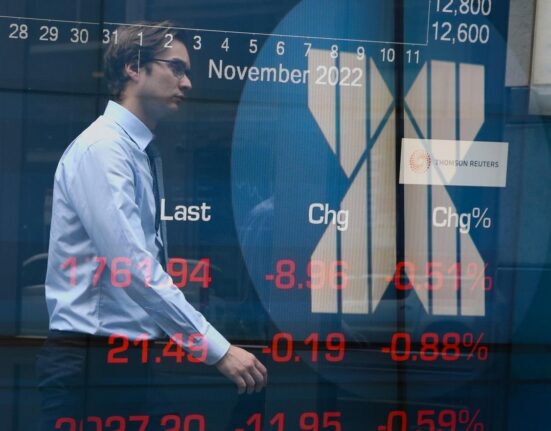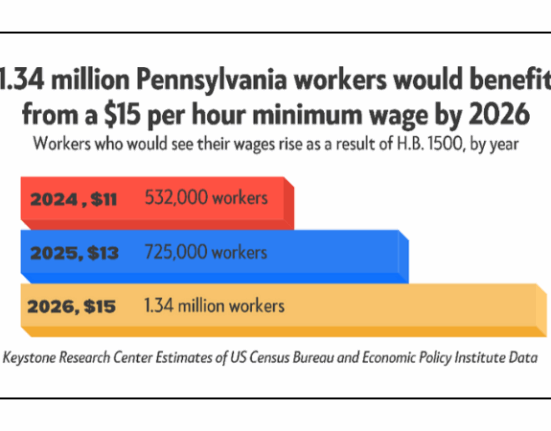When J.P. Morgan’s Jamie Dimon sounded the alarm about a potential crack in the US bond market, he wasn’t just predicting a possibility – he was stating it as an inevitable reality. His warning sent ripples through financial circles, raising concerns about the stability of one of the world’s most critical financial hubs.
Dimon’s words struck at the heart of a looming crisis that could have far-reaching implications for not only the United States but also global markets. A scenario where demand for US government debt falls short of supply could trigger a significant spike in bond yields. This spike would lead to higher interest costs, affecting not just the government but all borrowers in America, setting off a chain reaction across various sectors of the economy.
The implications go beyond domestic concerns; they have the potential to shake up global financial markets. The $29 trillion US Treasuries market, historically considered a safe haven for investors worldwide, could face an unprecedented exodus of foreign capital if confidence is eroded by this crisis.
Jamie Dimon’s concern stems from years of mounting US government debt, particularly accelerated post-2008 financial crisis during periods of ultra-low interest rates and quantitative easing by the Federal Reserve Board. The ballooning debt under successive administrations has pushed gross government debt as a percentage of GDP to alarming levels over 124%, up from around 104% before Trump took office.
The introduction of the
“One Big Beautiful Bill Act”
adds another layer to this economic saga. This proposed legislation aims to extend previous tax cuts, potentially adding trillions more to America’s debt burden within a decade. Concerns over increased debt coupled with disruptions caused by previous tariffs have already begun impacting bond yields and investor sentiment.
Experts like Gary Cohn echo Dimon’s unease, highlighting how swiftly financial stability can unravel if foreign and domestic investors lose interest in US bonds auctions due to perceived risks. The changes proposed under this bill regarding bank regulations add another layer of complexity, potentially hindering banks’ ability to step in and stabilize markets during crises.
While proponents argue that tax cuts and spending will spur economic growth and mitigate deficits, skeptics warn that such measures may fall short given current uncertainties surrounding trade policies and escalating public spending. If enacted, Section 899 within the bill could trigger retaliatory measures against foreign investors or countries with specific tax regimes – further fueling capital flight from American markets.
The repercussions are already visible – weakening US dollar values and apprehensive capital outflows signal growing concerns among investors about America’s economic trajectory under current leadership. If these trends persist or worsen, there is a real risk that America might lose its dominance on global financial stages – forever altering its status as an economic powerhouse.
As debates rage on Capitol Hill over fiscal policies and international trade relations, one thing remains clear: America stands at a crossroads where choices made today will shape its economic destiny tomorrow. The stakes are high – failure to address mounting debts or restore investor confidence could spell disaster for not just American finances but also its position on the world stage.









Leave feedback about this